Definition: “Running and capping” are terms used to describe when a lawyer pays nonlawyers for client leads. In the past, “runners” were nonlawyers who found potential clients and convinced them to hire the attorney, while “cappers” acted as Satisfied customers to help encourage the lead.
Ethics and Standards
It is unethical for a lawyer to approach an accident victim directly without an invitation and solicit representation. These crooked lawyers, commonly referred to as “ambulance chasers,” often employ “runners” and “cappers” to monitor police and other first responder scanners and Twitter feeds for a traffic collision dispatch or other emergencies.
Once they find out about an accident, these unethical lawyers then approach the victim or the victim’s family members to sign them up for legal representation. Often, these lawyers seek to file a lawsuit even before the victim has had a chance to fully recover from their injuries.
This type of behavior is not only unethical but dangerous to injury victims and their claims. Ambulance-chasing lawyers often contact the victim before they have had a chance to speak to an insurance company or get an accurate picture of the extent of their injuries.
This can lead to the victim signing a legal agreement with the lawyer without fully understanding the implications or knowing their rights and options. In some cases, the victim may not even need a lawyer and could end up costing themselves money.
To make things more challenging to detect, some unethical lawyers are now working with tow truck companies, rideshare drivers, or even people hired to show up as “helpful witnesses” at the scene of an accident. Even people within the medical industry are tipping these people off for kickbacks as the cash that can change hands for these cases can be in the thousands of dollars.
These unscrupulous lawyers prey on people who are vulnerable after an accident and only appear to be helpful initially. Often, accident victims end up being retained by lawyers not suited to handle their case and, at the least, are being represented by a lawyer willing to break the law just to get their case.
These lawyers are known to the insurance companies, and they view their clients as more suspicious of fraud, which again hurts the case of an innocent accident victim who was taken advantage of.

Has an Attorney or Their Representatives Illegally Solicited You?
Finding an attorney after an accident can be a challenging task. Not every person who recommends an attorney is on the payroll of a dishonest lawyer, as sometimes it may be a personal friend or someone who had a positive experience with a lawyer of their own. There is nothing wrong with a friend or stranger referring you to a good attorney as long as they aren’t being paid to do so. However, if it’s someone you don’t know and they are being pushy, do not trust them and do not sign any paperwork from them.
Suppose you have been the victim of this kind of illegal solicitation from unethical lawyers and their cohorts; we recommend looking into changing law firms before your case is completed. If your case has been settled, we can assist you in getting additional compensation from the amount that the ambulance-chasing lawyer kept from your settlement. Contact us today for help if you feel you have been the victim of these unethical lawyers.


